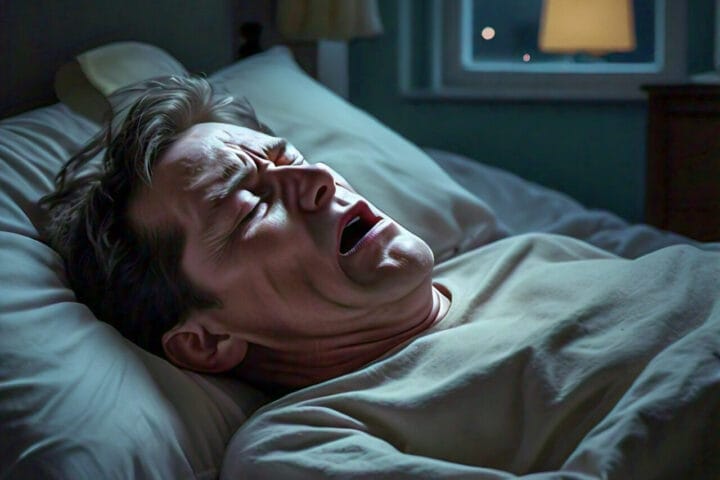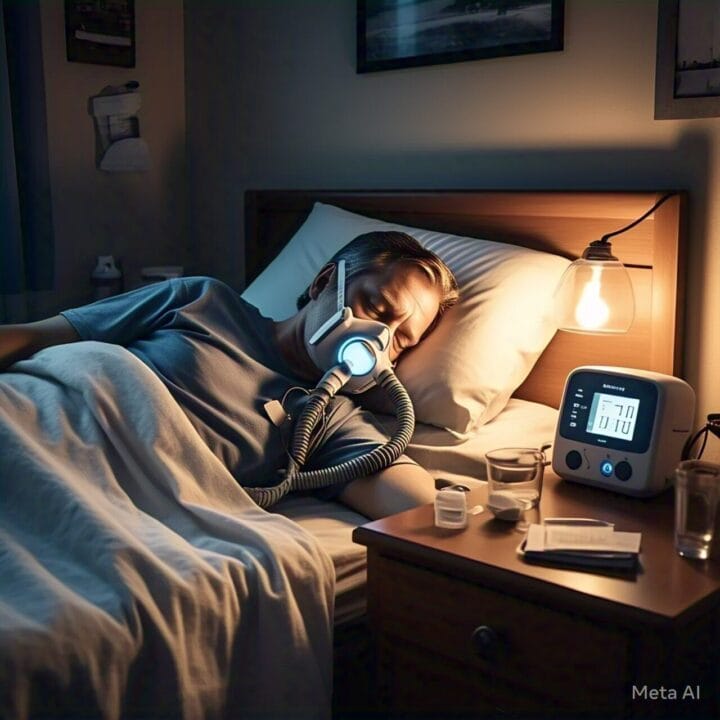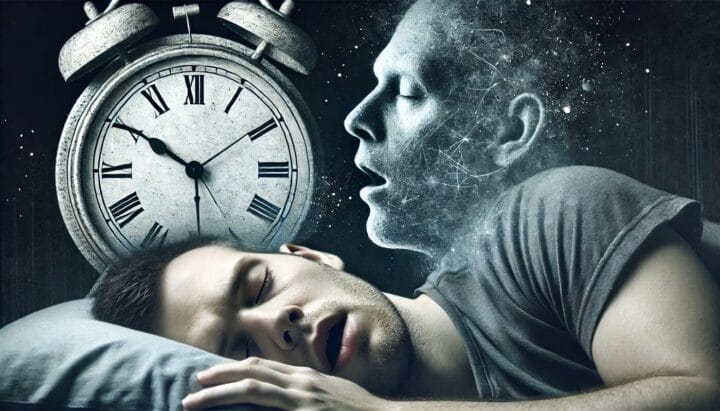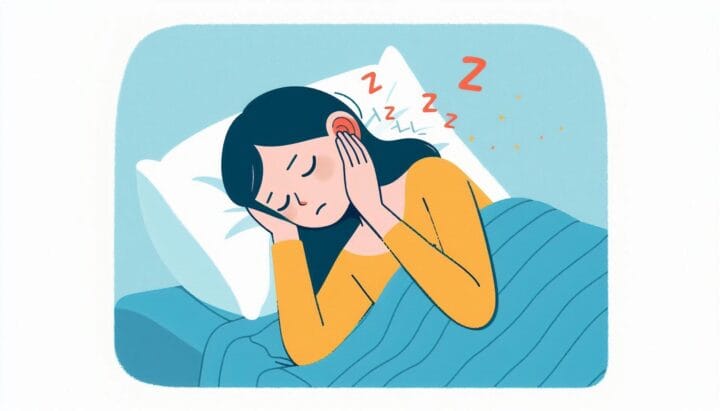The Hidden Dangers of Sleep Apnea: Understanding the Causes and Consequences
Table of Contents

Are you tired of feeling tired all the time? Do you wake up with headaches or a dry mouth? You might be suffering from sleep apnea, a sleep disorder that affects millions of people worldwide. Sleep apnea is a condition where a person stops breathing for short periods during sleep, disrupting the normal sleep cycle. In this article, we will explore the causes of sleep apnea, its symptoms, and the consequences of leaving it untreated.
What Causes Sleep Apnea?
Sleep apnea can be caused by a combination of factors, including:
- Obesity: Being overweight or obese can increase the risk of developing sleep apnea.
- Genetics: Family history can play a role in the development of sleep apnea.
- Age: Sleep apnea is more common in older adults.
- Smoking: Smoking can increase the risk of developing sleep apnea.
- Nasal Congestion: Nasal congestion due to allergies or a deviated septum can increase the risk of sleep apnea.
Types of Sleep Apnea
There are three types of sleep apnea:
- Obstructive Sleep Apnea (OSA): This is the most common type of sleep apnea, where the airway is blocked by the tongue or other tissues.
- Central Sleep Apnea (CSA): This type of sleep apnea occurs when the brain fails to send signals to the muscles that control breathing.
- Mixed Sleep Apnea: This type of sleep apnea is a combination of OSA and CSA.
Symptoms of Sleep Apnea
The symptoms of sleep apnea can vary from person to person, but common symptoms include:
- Loud Snoring: Snoring is a common symptom of sleep apnea.
- Daytime Fatigue: Feeling tired during the day, even after a full night’s sleep.
- Morning Headaches: Waking up with headaches due to lack of oxygen during sleep.
- Dry Mouth: Waking up with a dry mouth due to mouth breathing during sleep.
Consequences of Untreated Sleep Apnea
Leaving sleep apnea untreated can have severe consequences on your health, including:
- High Blood Pressure: Sleep apnea can increase the risk of developing high blood pressure.
- Heart Disease: Sleep apnea can increase the risk of heart disease and stroke.
- Diabetes: Sleep apnea can increase the risk of developing type 2 diabetes.
- Mood Disorders: Sleep apnea can increase the risk of developing depression and anxiety.
Diagnosing Sleep Apnea
Sleep apnea can be diagnosed using a variety of tests, including:
- Polysomnogram (PSG): This is an overnight sleep test that records brain waves, muscle activity, and breathing patterns.
- Home Sleep Test (HST): This is a portable test that can be done at home to diagnose sleep apnea.
Treating Sleep Apnea
Treatment options for sleep apnea vary depending on the severity of the condition, but common treatments include:
- Continuous Positive Airway Pressure (CPAP): This is a machine that delivers air pressure through a mask to keep the airway open.
- Oral Appliances: These are devices that can be worn in the mouth to keep the airway open.
- Surgery: In some cases, surgery may be necessary to remove excess tissue or correct a deviated septum.
Lifestyle Changes
Making lifestyle changes can help alleviate symptoms of sleep apnea, including:
- Losing Weight: Losing weight can help reduce the risk of sleep apnea.
- Quitting Smoking: Quitting smoking can help reduce the risk of sleep apnea.
- Avoiding Alcohol: Avoiding alcohol before bedtime can help reduce the risk of sleep apnea.
Conclusion
Sleep apnea is a serious sleep disorder that can have severe consequences on your health. Understanding the causes, symptoms, and treatment options can help you take control of your sleep apnea. If you suspect you have sleep apnea, consult with a healthcare professional to get diagnosed and treated.
FAQs
- What is sleep apnea?
- Sleep apnea is a sleep disorder where a person stops breathing for short periods during sleep, disrupting the normal sleep cycle.
- What are the symptoms of sleep apnea?
- Common symptoms of sleep apnea include loud snoring, daytime fatigue, morning headaches, and dry mouth.
- How is sleep apnea diagnosed?
- Sleep apnea can be diagnosed using a polysomnogram (PSG) or a home sleep test (HST).
- What are the treatment options for sleep apnea?
- Treatment options for sleep apnea include continuous positive airway pressure (CPAP), oral appliances, and surgery.
- Can sleep apnea be cured?
- Sleep apnea can be managed with treatment, but it is not curable.
Author Bio:
As a healthcare professional with years of experience in sleep medicine, I have seen firsthand the impact of sleep apnea on patients’ lives. My goal is to educate and empower individuals to take control of their sleep apnea and improve their overall health.
References:
- American Academy of Sleep Medicine. (2020). Sleep Apnea.
- National Sleep Foundation. (2020). Sleep Apnea.
- Mayo Clinic. (2020). Sleep Apnea.














Post Comment